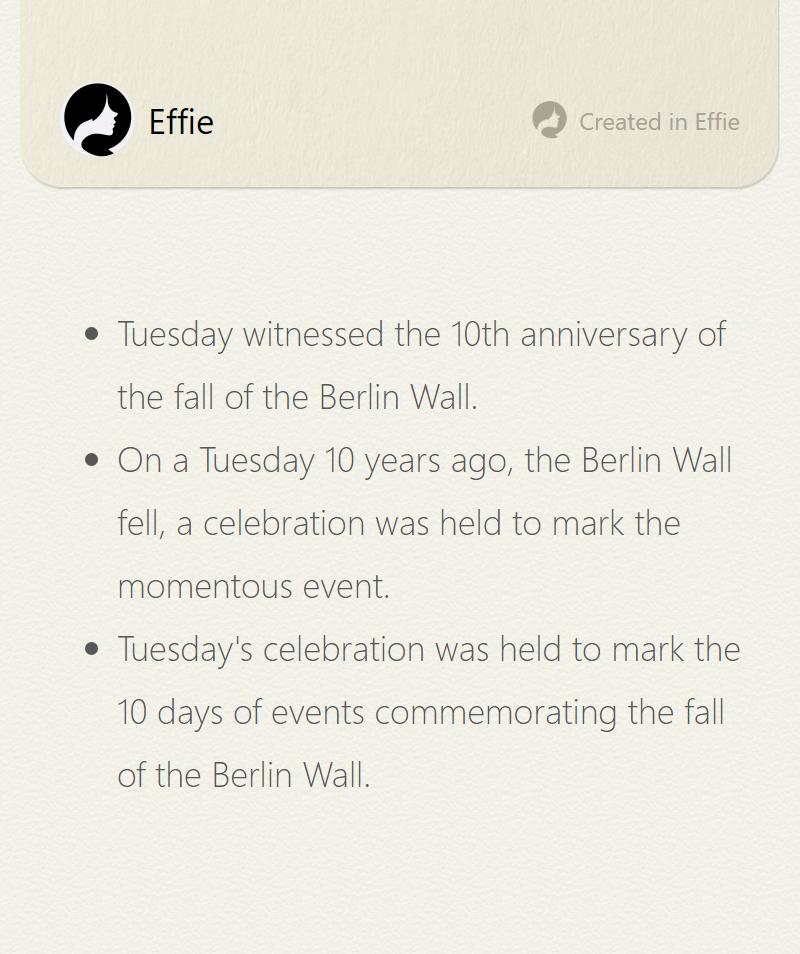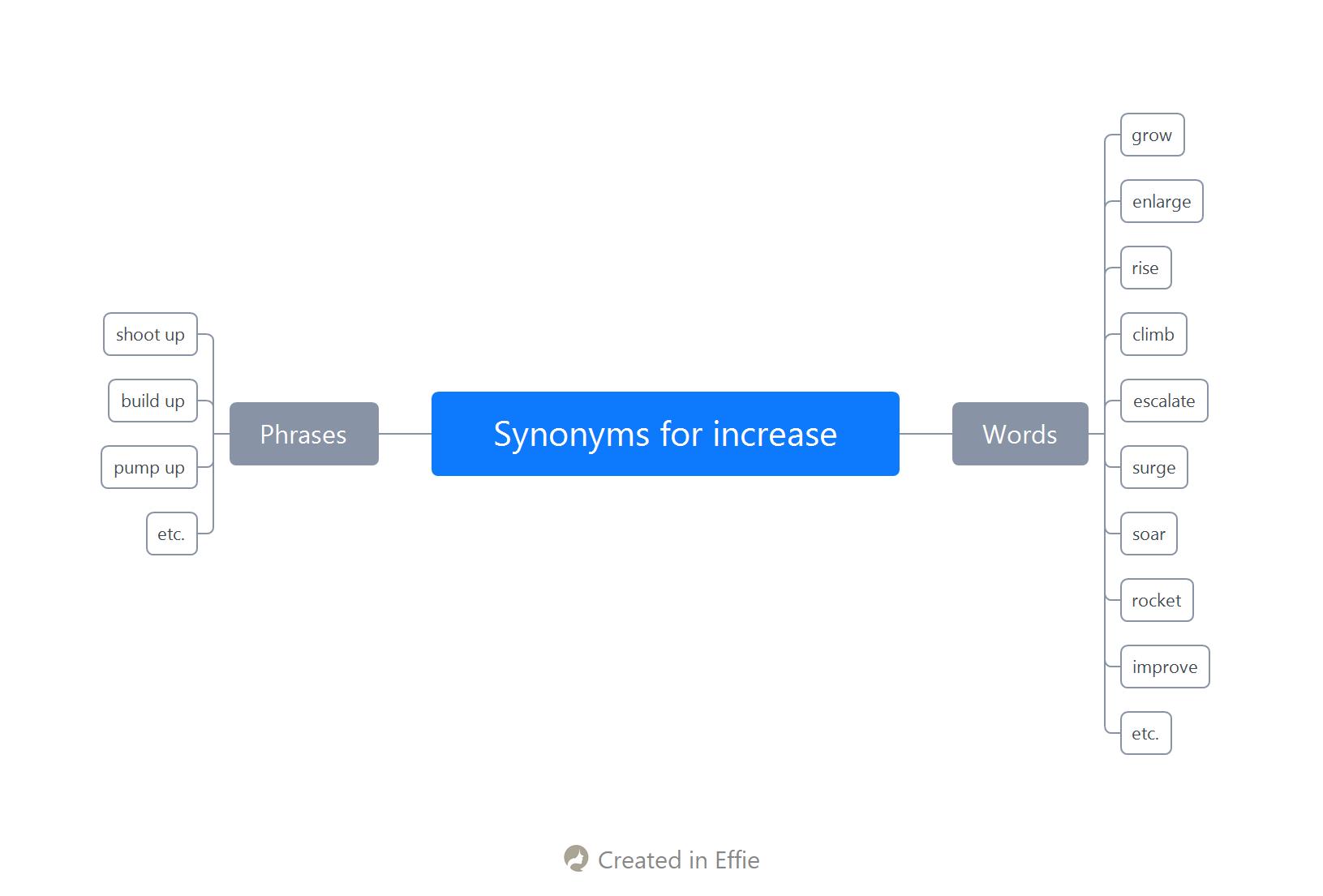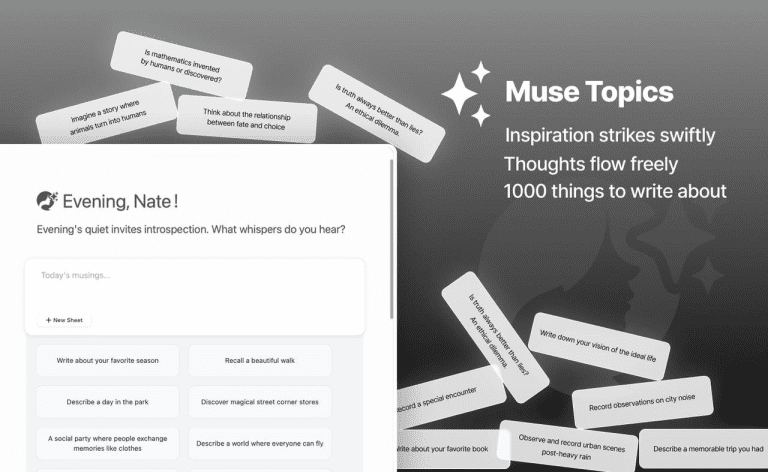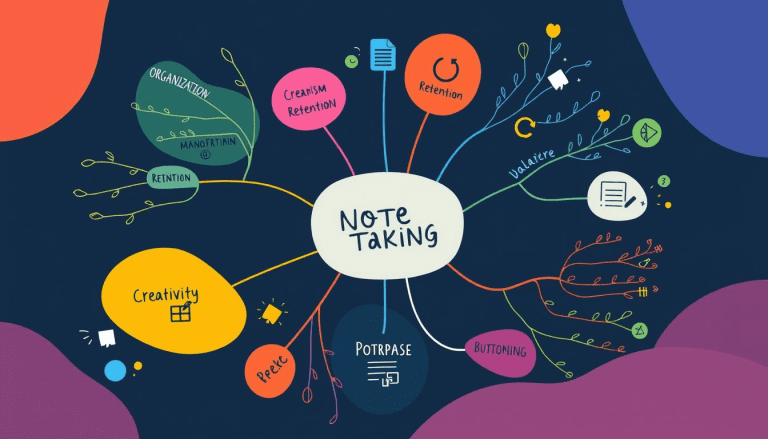Effective Note-taking for Better Consecutive Interpreting
There are only two occupations in the world that have specific regulations on employees’ break time. One is the air traffic controller, the other is the interpreter.
For air traffic controllers, research shows that when they work for over 2 hours straight without taking a break, their performance spirals down rapidly, even when the traffic volume is low.

As for interpreters, there is a rule in simultaneous interpreting: they usually switch off every 15 to 20 minutes, otherwise, the quality of their translation will start to decline.

Consecutive interpreters, however, don’t usually have such break time, but they do have their own way of guaranteeing the translation quality.
They take notes to reduce the burden on their brains.
So how can we take effective notes when doing consecutive interpreting? Let’s dive in.
What is consecutive interpreting?
Consecutive interpreting is one type of oral translation from a source language to a target language. Interpreters will start to translate, once the speaker has finished speaking, typically with the help of their notes.
Interpreters’ notes are quite different from students’ notes as they’re used for different purposes.
As a student, you take notes to reinforce your memory with the focus of a class. It works even better if you preview or review your notes before and after class to achieve an active learning process (see also: How to Improve Learning Effectiveness with Note-taking?).

When it comes to consecutive interpreting, however, notes serve to assist your translation within an ongoing conversation.
For an experienced interpreter, note-taking might be less important compared with many other abilities to improve for better interpretation.
So notes are not that important?
Quite the contrary.
Read on and you’ll understand why it’s important to take notes.
Why is effective note-taking important for interpreters?
Although experienced interpreters tend to give fewer credits to note-taking, it won’t be the same case for beginners.
The former have sufficient practice over note-taking and interpreting for years, hence, they’re concerned more about what they’re not good at. This is how they can get better and better at their job.
However, beginners still lack practice in note-taking, so they certainly should pay extra attention to it.
Other than lacking enough practice, which is not decided by beginner interpreters themselves, why else should they take effective notes?
Well, mainly because: note-taking can reduce stress, assist short-term memory and facilitate logical delivery of information.
1. Note-taking can reduce stress
Even the most experienced interpreters would feel stressed at the beginning of a conference, considering the possible unknown factors they’re about to cope with: new terms, speakers’ accents, technical issues, etc.
The more unknown factors out there, the more stressful they’ll become.

Consecutive interpreting sometimes can be so intensive that even the slightest cough or a sneeze can lead to interpreters’ loss of information.
Despite that there are many other ways to de-stress or get prepared beforehand, notes are all they have on-site.
With notes by hand, at least they can get some hints and manage to deliver most of the speech.
2. Note-taking can assist short-term memory
During consecutive interpreting, information is mostly processed and retained as short-term memory, or working memory.
However essential it is, short-term memory is far from enough when required to process a certain amount of information within a limited time.

Normally, short-term memory can only hold five to nine items at most, and it only lasts for 15 to 30 seconds.
What if a speaker talks nonstop for 5 minutes? Where to keep the rest of the information?
That’s why interpreters need notes to piece the information back together when short-term memory runs out.
3. Note-taking can facilitate logical delivery
You can’t always expect all speakers to present ideas clearly and logically. Also, certain languages convey ideas in a more implicit manner, such as Chinese, Japanese and Saudi.
Under such circumstances, which happen quite often, note-taking can actually save an interpreter from the pitfall. How?
Let’s take a look at the pictures below and you’ll see.
Now, what he really means is:
It can get even more concise on an interpreter’s note:

Or, some skilled interpreters will skip this without taking any note, considering how typical the greeting is at the beginning of a meeting.
As you can see here, structured notes help interpreters understand and analyze ideas more quickly by focusing on the main idea instead of unimportant ones to achieve a rather logical translation.
However, notes can also cause distractions when not taken effectively, especially for those less experienced beginners.
So how to reduce such distractions?
Here are some tips on how to take effective notes to get your memory back on track.
What to write in your notebook: tips on effective notes
How to use notes to its utmost is way more important than simply writing down anything the speaker says.
A good consecutive interpreter usually takes better notes. That’s part of their secret to performing a well-organized translation.
So can you, if you also take notes effectively.
1. Find a balance between notes and memory
It’s quite normal for beginners to rely too much on notes. It’s like you at last find a straw to clutch upon before drowning, you won’t let go of it easily.
Therefore, beginners tend to write down unnecessary information when they can actually remember by heart.

Take a look at the sentences below and see if you can remember them without note-taking:

The above three sentences basically convey the same idea but with different expressions.
If interpreters aren’t familiar with the whole note-taking system, they’ll waste time taking notes yet fail to interpret the complete meaning.
Therefore, it’s quite essential to balance notes and memory by relying less on notes while more on memory.
2. Invent and use symbols and abbreviations
As an interpreter, you take notes in symbols and abbreviations rather than in fully-spelled words.
Here’s why.
Take synonyms for example. Think about the synonyms of the word, increase.

You’ll come up with many words and phrases that share the same meaning. But how are you supposed to keep all the expressions in mind?
The answer is, you don’t need to.
All you need is  , a symbol, which can deliver the exact same idea.
, a symbol, which can deliver the exact same idea.
As for abbreviations, take a look at your text, and you’ll be amazed by how widely abbreviations have been used these days.
The simple reason is, it saves time.
Likewise, in consecutive interpreting, abbreviations are easy to write, understand and interpret, hence, facilitating the whole interpreting process.

However, symbols and abbreviations shouldn’t be over-invented as they can bring a certain burden to your memory as well.
When new symbols and abbreviations are invented, you need extra time and energy to remember what they stand for.
Unfortunately, time and energy can be too little to spare in consecutive interpreting. So keep your symbols and abbreviations simple and consistent as much as possible.
3. Avoid mixing languages
Interpreters are usually multi-language speakers. Hence, they can take notes in any language as long as they personally feel comfortable with.
However, notes written in more than one language can cause certain misunderstandings in interpreting, and increase the time needed to understand, which can result in a decrease in efficiency.

If you take notes, say, in your mother tongue, you’ll understand what’s being written down more quickly. Therefore, it’s better to use one language to take notes to avoid such misunderstanding.
In conclusion, although notes are irreplaceable, how to take effective notes matters even more. Only when notes are taken effectively, can interpreters achieve high-quality output with a longer duration.
However, if you stop here, without actual practice, these tips still won’t be effective to you.
“Knowledge is of no value unless you put it into practice”, said Anton Chekhov.
Grab your pen and paper and practice your note-taking skills so as to put them to good use in the future.








